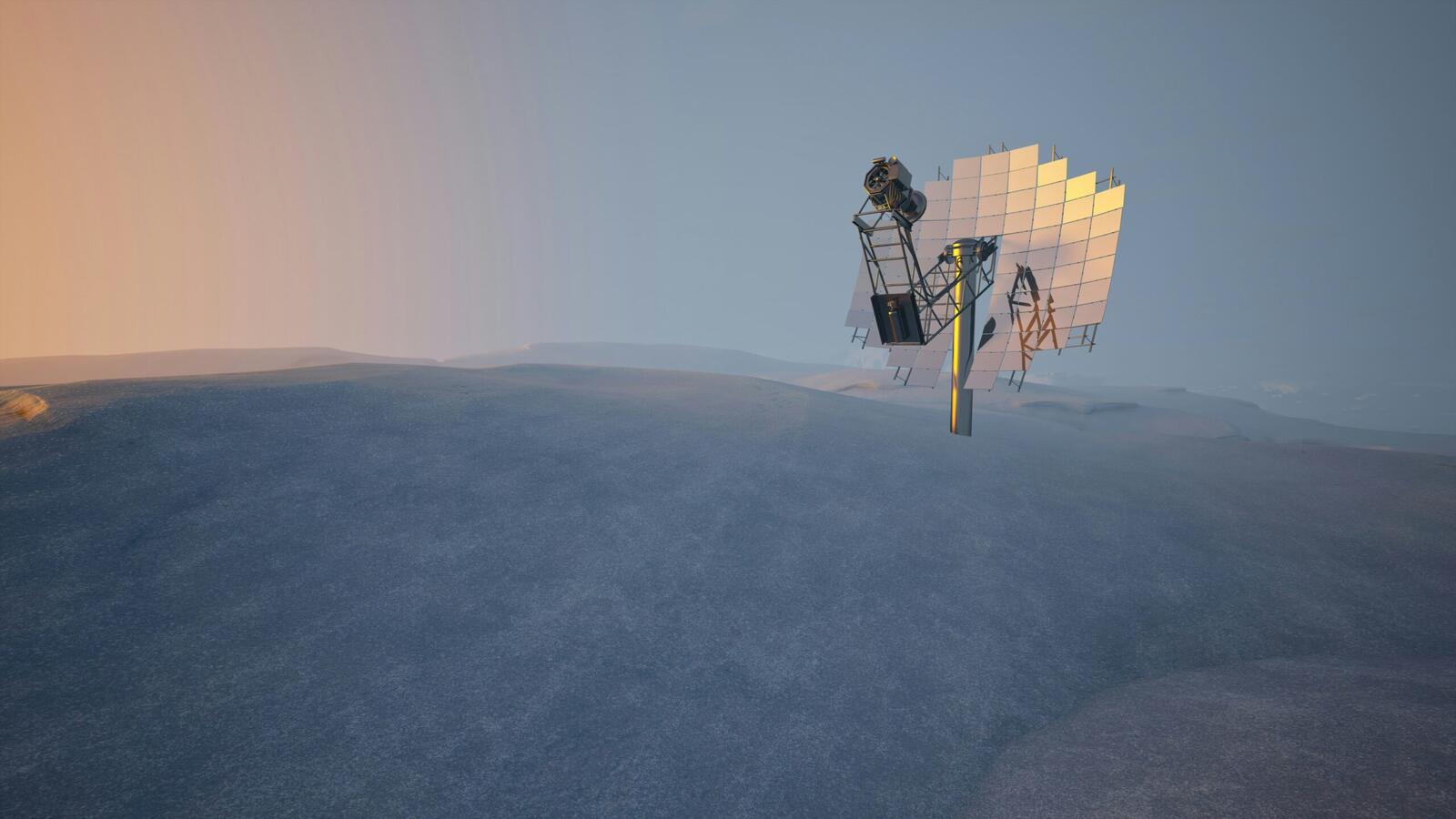The EU has announced Iris², a €10.6 billion satellite network that will deliver secure and high-speed internet across Europe. Andrius Kubilius, Commissioner for Defence and Space shared, “Today we are not just launching a satellite project. We are launching a vision – a vision of a stronger, more connected, and more resilient Europe.
“IRIS² demonstrates the Union’s resolve and commitment to strengthening Europe’s space global posture both in terms of security and competitiveness to the benefit of our governments, businesses and citizens.”
This system will connect remote areas, improve government and military communications, and reduce reliance on private networks like Elon Musk’s Starlink. The programme is one of Europe’s ways of advancing its digital and space industries.
Scheduled to begin operations by 2030, Iris² builds on successful European projects such as Galileo and Copernicus, aiming to strengthen its technological position on the global stage.
Why Is Iris² Important For Europe?
This project gives Europe more control over its own infrastructure, ensuring secure and uninterrupted communications for governments, industries, and citizens. It also responds to increasing cyber risks in today’s world.
Another major goal is to connect areas currently without reliable internet access, helping to reduce inequality in digital connectivity. This lets remote communities participate more fully in modern economic and social systems.
More from News
- The Clash AI Startups: How Are Competitors Backed By The Same Companies?
- Is AI Influencing Gen Z Spending Habits?
- What Do Experts Have To Say About The Recent Interest Rate Cut?
- Cat Food Brand Fuzzball Celebrates Winning The Largest Prize In E-Commerce History
- What Is Truth Social, And Who Uses It?
- Google Cloud And Plexal Partner To Help Security Startups
- SpyCloud Enhances Investigations Solution With AI-Powered Insights
- Is Trump Creating An AI-Powered Search Engine?
How Does Iris² Compare To Competitors?
Starlink, operated by SpaceX, has thousands of satellites in orbit, and brings a large amount of coverage. Iris², with its smaller constellation of 290 satellites, focuses on precision and functionality for European users.
While Starlink operates entirely in low Earth orbit, Iris² will use both low and medium orbits, blending fast response times with a bigger reach. This combination allows the EU to achieve enough coverage without duplicating networks.
Amazon’s Project Kuiper is also entering the satellite market, adding competition to this field. Iris² stands apart with its focus on secure systems and public-private collaboration.
Who Is Involved In Iris²?
The SpaceRISE consortium, led by SES, Eutelsat, and Hispasat, is responsible for developing and managing the network. These satellite operators are working with manufacturers and other partners to bring the system to life.
The European Space Agency supervises the technical sides of the programme, and makes sure that the satellites meet the required specifications.
Major aerospace companies such as Airbus Defence and Space and Thales Alenia Space are also contributing to the project. “IRIS² is not just a technological achievement—it is a testament to Europe’s ambition and unity. This cutting-edge constellation will protect our critical infrastructures, connect our most remote areas and increase Europe’s strategic autonomy.
“By partnering with the SpaceRISE consortium, we are demonstrating the power of public-private collaboration to drive innovation and deliver tangible benefits to all Europeans” said Henna Virkkunen, Executive Vice-President for Tech Sovereignty, Security and Democracy
Will The UK Participate In Iris²?
Since Brexit, the UK has pursued its own satellite projects rather than participating in EU-led initiatives. Recent projects are Tyche, a military satellite, and Juno, planned for 2027, that deal with surveillance and Earth imaging.
Although EU rules allow third-party countries to join Iris², the UK has not shown interest in being involved.
Both the EU and the UK are working on improving their satellite networks, but their independent paths show different priorities and plans of achieving their goals.



